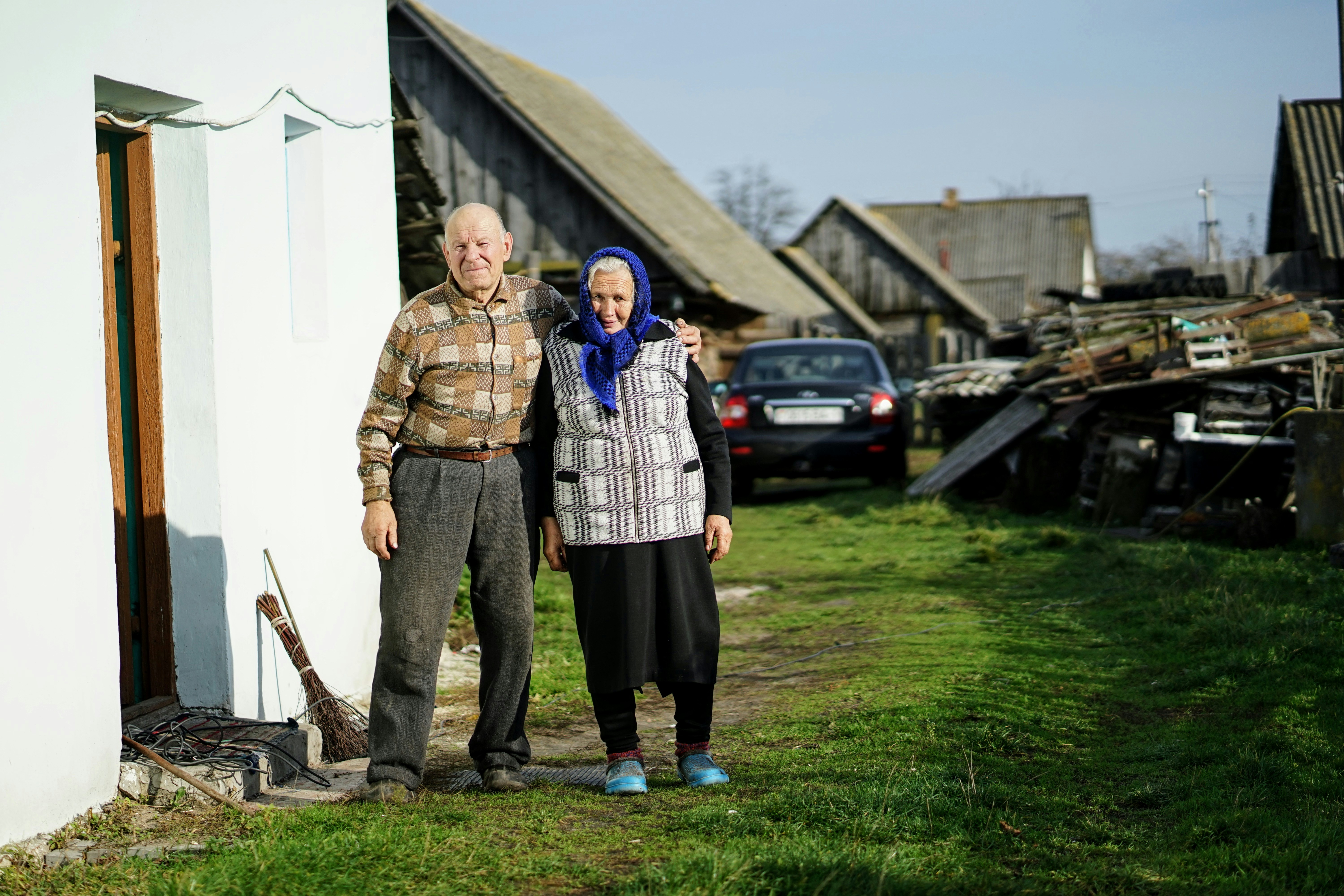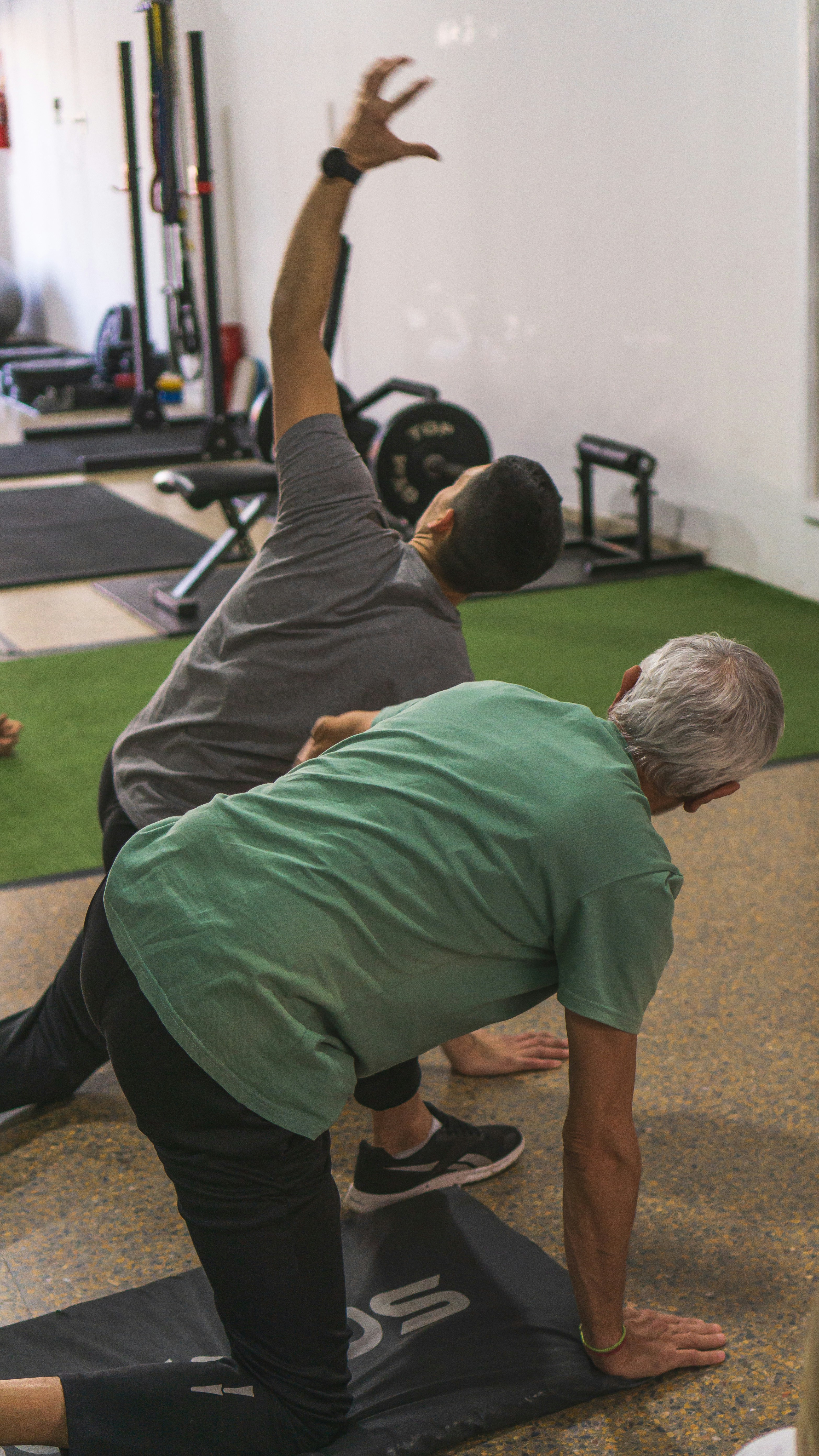Senior-friendly walking groups in Canada

Walking is one of the simplest, most accessible ways for seniors to stay healthy, active, and socially connected. In Canada, where communities range from bustling cities to peaceful small towns, joining a senior-friendly walking group can make a big difference in your physical, mental, and emotional well-being.
Why Walking Groups Matter for Seniors:
- Physical Health: Regular walking helps maintain mobility, strengthens muscles, improves cardiovascular health, and can even help manage chronic conditions like arthritis, diabetes, or high blood pressure.
- Mental Health: Walking, especially in a group, reduces stress, anxiety, and depression. It stimulates the brain, boosts mood, and promotes better sleep.
- Social Connections: Loneliness is a concern for many seniors. Walking groups create opportunities to meet like-minded people, form friendships, and stay socially active.
- Safe & Guided Activity: Senior-focused walking groups often adjust pace, distance, and terrain to suit participants’ abilities, reducing the risk of injury while promoting confidence.
Why You Should Read This Guide:
If you’re a Canadian senior looking to:
- Stay active without expensive gym memberships
- Meet new friends and feel part of your community
- Enjoy Canada’s beautiful parks, trails, and neighborhoods safely
- Find resources for walking groups in your city or province
…then this guide is for you. It will give you everything you need to know about finding or starting a senior-friendly walking group in Canada covering local options, national programs, virtual alternatives, and practical tips to make your walks safe and enjoyable.
By the end, you’ll have a clear roadmap to boost your health, happiness, and social life through walking no matter where you live in Canada.
How to Choose the Right Walking Group
Finding the right walking group can make all the difference in enjoying your walks and staying committed. Not all groups are the same, so it’s important to consider factors like pace, distance, location, and social dynamics before joining.
1. Consider Your Pace and Fitness Level
- Look for groups that match your mobility and stamina. Some groups focus on gentle, slow-paced walks, while others may challenge participants with longer routes or hillier terrain.
- Many senior walking groups offer multiple pace options within the same session, so you can gradually increase your distance as your fitness improves.
2. Indoor vs Outdoor Walking
- Outdoor walking groups let you enjoy Canada’s natural beauty from city parks to lakeside trails but weather can be a factor, especially in winter.
- Indoor walking groups in community centers, malls, or gyms are ideal during cold, rainy, or icy months and offer a safe, climate-controlled environment.
3. Frequency and Schedule
- Check how often the group meets. Some meet daily, others weekly. Choose a schedule that fits your lifestyle without feeling overwhelming.
- Consistency is key regular walks help maintain physical and mental benefits.
4. Accessibility and Safety
- Ensure the walking route is safe, well-lit, and free from hazards.
- Groups that prioritize accessibility can accommodate walkers with mobility aids or those who prefer shorter routes.
- Some groups provide trained leaders or volunteers who can assist in emergencies.
5. Social Environment
- Consider the social dynamic. Do you prefer a quiet, reflective walk or one with lively conversation?
- Friendly, supportive groups make walking enjoyable and increase the likelihood that you’ll stick with it.
6. Cost and Membership
- Many senior walking groups are free or low-cost, especially those run by community centers or municipal programs.
- Some membership-based groups may offer extra perks, such as guided nature walks, educational talks, or health workshops.
Tip: Don’t be afraid to try a few groups before committing. The right group should make you feel welcome, safe, and motivated to walk regularly.
Top Senior-Friendly Walking Groups by Province
Whether you’re in a bustling city or a serene rural area, Canada offers a variety of walking groups tailored for seniors. Below are some notable options across the country:
Ontario
- Toronto Seniors’ Hiking Club
A community-based organization offering weekly hikes in Toronto's parks and ravines. Membership is $10/year, and participants should be in good health and prepared for moderate-paced walking. Toronto Seniors Hiking Club - Seniors for Nature Outdoor Club
Provides a variety of activities throughout the year, including hiking, cycling, cross-country skiing, and snowshoeing. Membership is $35/year. Seniors For Nature Outdoor Club - Forest Hill Walk Club
A community-oriented group led by a holistic nutritionist, offering weekly Sunday walks year-round, focusing on fitness and well-being. Cheryl Millett
British Columbia
- Vancouver Venturers Walking Club
Offers walks of varying distances (6–16 km) Monday through Thursday, with special programs like "Moving Waters." Vancouver Venturers - UBC Emeritus College Walking Group
A gentle-paced walk through Pacific Spirit Park, designed for seniors and members of the Emeritus College. UBC Emeritus College - Living Streets by BEST Mobility
Encourages British Columbians to walk for physical and mental health, seeking creative solutions to active transportation barriers. BEST Mobility
Alberta
- Seniors’ Outdoor Club of Calgary
A fun-loving, active seniors group who hike, snowshoe, and cross-country ski in Calgary's beautiful parks, traveling to the mountains or foothills most Tuesdays. Seniors' Outdoor Club Calgary - MnM Outdoor Club
Members gather for hiking, cross-country skiing, and snowshoeing adventures on established trails, mainly in the foothills and mountains west of Calgary. MNM Outdoor Club - Calgary Ladies Walking Group
A group for women interested in taking weekly leisurely walks and hikes in and around Calgary, welcoming all ages and fitness levels.
Quebec
- CDN—NDG Walking Club
Open to all residents of CDN—NDG aged 55 and older, offering regular sessions and occasional special events. Loisirs Sportifs CDN-NDG - Randonnée Aventure
Montreal's friendly club for adult outdoor enthusiasts of all levels, offering day trips for hiking, cycling, cross-country skiing, and snowshoeing. Randonnée Aventure - Walking Around Montreal Meetup
A group for walking, talking, and making friends in and around Montréal, fostering community connections.
Nova Scotia
- NS Walks | Hike Nova Scotia
Provides friendly, gentle, weekly walking groups to help less active adults in Nova Scotia enjoy the benefits of walking. Hike Nova Scotia - Halifax Happy Hikers
A relaxed walking group meeting at central locations in Halifax Regional Municipality, promoting enjoyment and social interaction. - Dartmouth Walking Club
The oldest club of its kind in Canada, formed in 1983, offering walks throughout the year with choices between long and shorter routes.
National Organizations Supporting Senior Walking Programs
Canada has several national organizations that actively promote walking and physical activity for seniors. These groups provide structured programs, community support, and resources to ensure older adults stay active safely.
- a) ParticipACTION
- Overview: A Canadian non-profit dedicated to promoting healthy living through physical activity.
- Programs for Seniors: ParticipACTION offers walking challenges specifically for older adults, including step-count programs, community walks, and educational resources.
- Benefits: Encourages seniors to track progress, join challenges with peers, and maintain consistency.
- Website: participaction.com
- b) Canadian Red Cross – Healthy Aging Programs
- Overview: Provides community-based programs focused on health, mobility, and independence for seniors.
- Walking Initiatives: Offers group walks in local chapters, often integrated with social activities and health workshops.
- Benefits: Combines physical activity with social engagement, reducing isolation among older adults.
- Website: redcross.ca
- c) YMCA/YWCA Senior Walking Programs
- Overview: Many YMCA/YWCA branches across Canada offer programs tailored to older adults.
- Walking Clubs: Indoor walking tracks during winter, outdoor group walks in spring/summer, and fitness tracking programs.
- Benefits: Structured schedule, trained staff, accessible locations, and social networking opportunities.
- Website: ymca.ca
- d) Local Community and Seniors’ Centers (Supported by National Networks)
- Many municipal centers partner with national programs to host walking groups.
- Benefits: Combines the national program framework with local accessibility.
Virtual and Hybrid Walking Groups
For seniors who prefer remote participation or live in areas with limited in-person options, virtual and hybrid walking groups are increasingly popular. These programs allow Canadians to stay active and socially connected using technology.
- a) Virtual Walking Challenges
- How it works: Seniors track their daily steps or walking distance via apps or pedometers. Progress is shared online in a group forum.
- Examples: ParticipACTION Step Challenges, Fitbit community challenges, or StrideWalk app challenges.
- Benefits: Flexible participation, easy to join from anywhere, and encourages accountability.
- b) Hybrid Walking Groups
- How it works: Combines in-person and online participation. Seniors who cannot attend physically can join virtually via video calls.
- Benefits: Inclusive for seniors with mobility restrictions or those living in remote areas.
- Tips: Schedule regular virtual meetups, share photos and progress, and provide real-time encouragement.
- c) Apps and Tools for Virtual Engagement
- Strava or MapMyWalk: Track distance, share routes, and connect with friends.
- Zoom or Google Meet: Host virtual group walks where participants walk at home and check in during or after the walk.
- Benefits: Promotes motivation, social connection, and friendly competition.
- d) Tips for Seniors Using Virtual Platforms
- Ensure devices are easy to use and accessible.
- Use simple apps with large fonts and clear instructions.
- Pair virtual activity with in-person activities when possible to maintain social interaction.
Tips for a Safe and Enjoyable Walk
Walking is one of the simplest and healthiest activities for seniors, but safety and comfort are key. Here’s how Canadian seniors can make the most of every walk:
1 Wear the Right Footwear
- Choose shoes with good arch support, cushioning, and a non-slip sole.
- Avoid worn-out shoes; replace every 6–12 months depending on usage.
- For icy or snowy conditions in Canada, consider traction cleats or winter walking shoes.
2 Dress Appropriately for the Weather
- Layer your clothing to adapt to temperature changes, especially in spring and fall.
- Wear bright or reflective clothing if walking near roads or during low-light hours.
- In summer, use a wide-brimmed hat, sunscreen, and breathable fabrics.
- In winter, dress in warm layers, gloves, hats, and moisture-wicking base layers to avoid frostbite.
3 Stay Hydrated
- Even in cooler weather, seniors can get dehydrated.
- Carry a water bottle or plan routes with water fountains.
- For longer walks, consider a hydration pack or small backpack.
4 Choose Safe Routes
- Walk in areas with even pavement, good lighting, and minimal traffic.
- Avoid isolated trails, especially in remote areas or during evening hours.
- Check for seasonal hazards: ice in winter, slippery leaves in fall, or muddy paths in spring.
5 Use Walking Aids if Needed
- Seniors with mobility concerns can use walking sticks, poles, or canes for stability.
- Ensure devices are properly adjusted and in good condition.
- Consider orthopedic inserts for extra support if recommended by a healthcare provider.
6 Pace Yourself
- Start at a comfortable pace and gradually increase distance or intensity.
- Take breaks when needed and listen to your body to avoid overexertion.
- Walking with a group can help maintain a steady, safe pace.
7 Be Aware of Group Dynamics
- If walking with others, maintain spacing to avoid collisions.
- Communicate clearly about pace, rest stops, and any health concerns.
- Establish a buddy system for seniors who may need extra support during a walk.
8 Track Your Progress
- Use simple step counters, fitness watches, or apps to monitor activity.
- Celebrate milestones to stay motivated.
- Tracking can also help identify patterns or potential health issues.
9 Emergency Preparedness
- Carry a mobile phone, ID, and emergency contact info.
- Learn basic first aid or carry a small kit for minor injuries.
- In snowy or icy regions, consider alert devices or whistle for remote walks.
Walking safely isn’t just about preventing injury—it’s also about enjoying nature, connecting with others, and boosting mental and physical health. With proper preparation, Canadian seniors can make walking a daily joy, regardless of the season.




